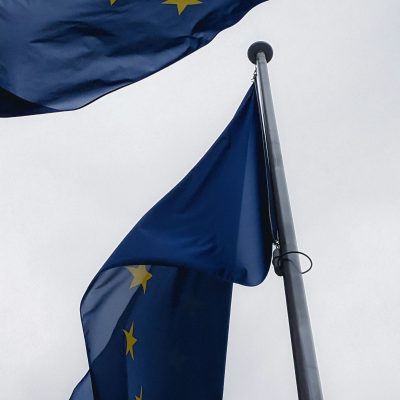European Elections: less abstention, more populism?

The European elections of May 2014 are already arousing concern in connection with low voter turnout and the good results of “populist” parties. Yves Bertoncini puts in perspective these two political challenges while urging to face them, in a Tribune directly inspired from his speech at a conference organised on the 15th of October in Paris by the “Young Europeans” of Sciences Po.
Yves Bertoncini first underlines that it is normal to state a limited turn out rate at “subsidiary” elections, even if this rate could be higher in 2014 than in 2009, given the new institutional and political context. It is not only because the next President of the Commission is to be appointed in connection with the results of the European Elections that the citizens could vote more, but also and above all because many debates at the national level have been structured by political issues in the recent period.




